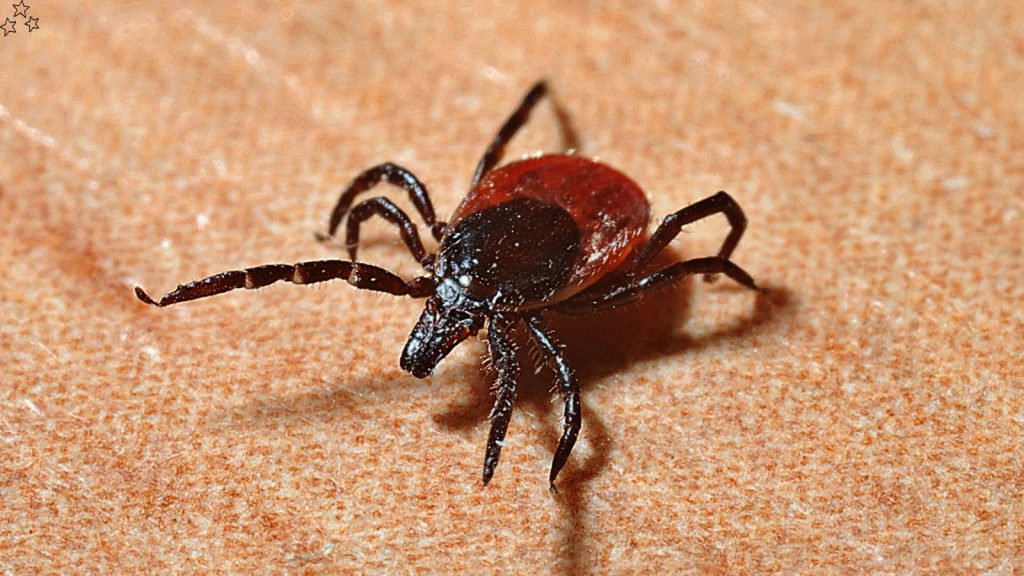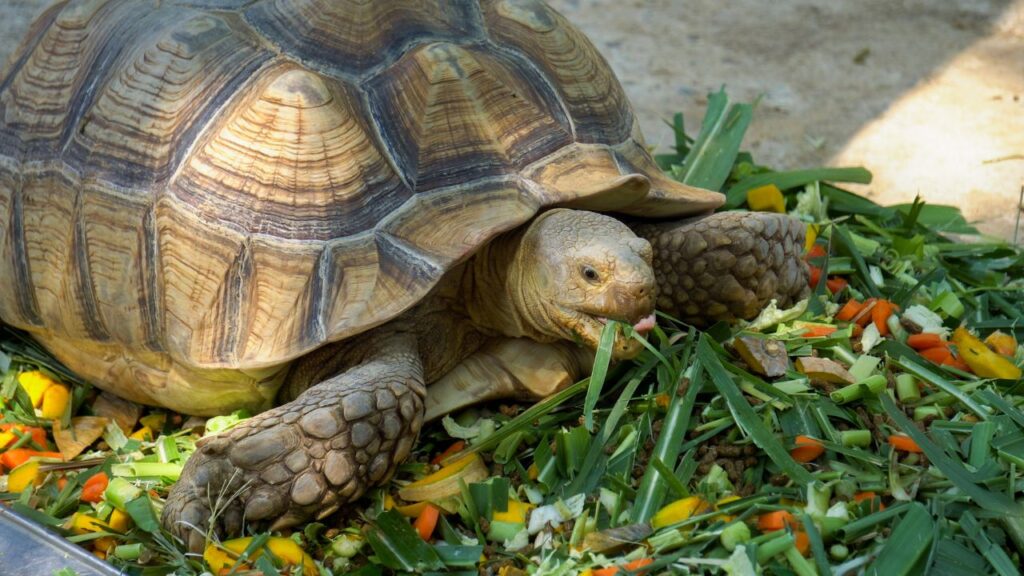Ticks are small, blood-sucking parasites that can cause a lot of problems for both animals and humans, carrying diseases like Lyme disease. Fortunately, many animals help keep tick populations under control by eating them. These tick-eating creatures play a vital role in maintaining the balance of ecosystems and helping to reduce the spread of tick-borne illnesses. Some of these animals are well-known predators, while others might surprise you with their tick-eating habits.
My chickens and quail do a fabulous job of keeping tick populations down. Note that I’ve included animals from all over the world, not just the UK. Although frighteningly, I did have a contractor try to tell me creature that had made the muntjac trail and tunnel through the grass on my new allotment had actually been made by a raccoon. Ah yes, those wild raccoons of East Anglia! Ha.
1. Opossums

Opossums are unlikely heroes when it comes to controlling tick populations. These marsupials are excellent groomers, and when they find ticks on their bodies, they eat them. It’s estimated that a single opossum can eat thousands of ticks in a season, making them one of the most effective tick-eaters in the wild.
2. Guinea Fowl
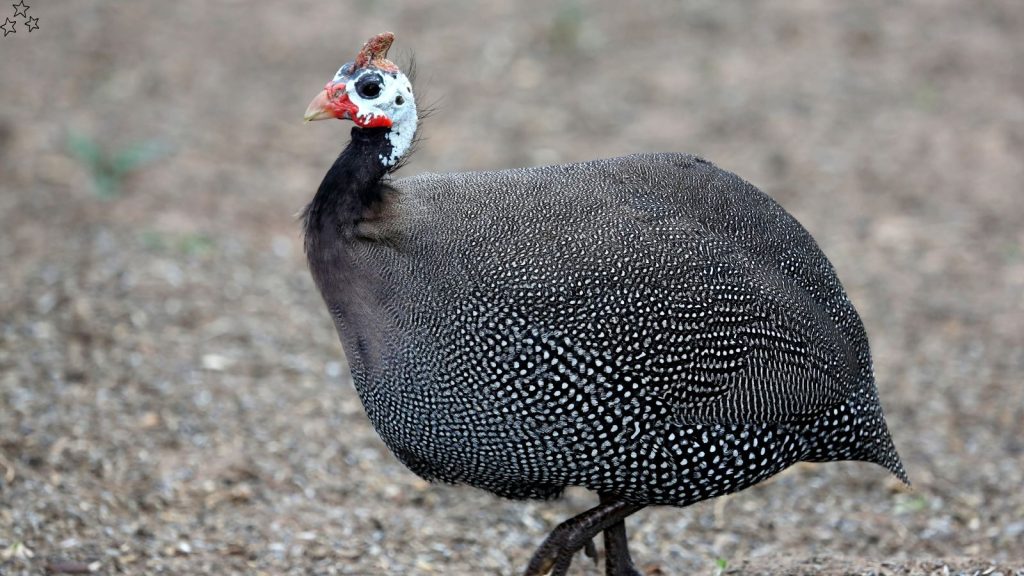
Guinea fowl are birds that are commonly kept on farms for their ability to eat insects, including ticks. They roam around fields and gardens, picking up ticks and other pests from the grass. Many farmers and gardeners use guinea fowl as a natural method of pest control.
3. Chickens
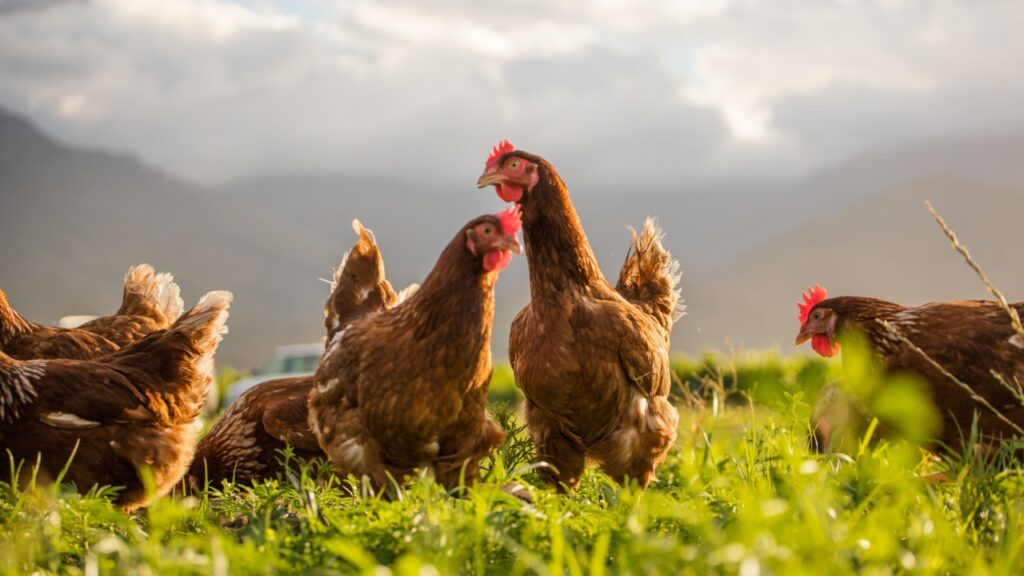
Chickens, like guinea fowl, are effective at reducing tick populations. They forage for food by pecking at the ground, and in the process, they consume ticks and other small insects. Many backyard chicken owners appreciate this natural form of pest management.
4. Wild Turkeys
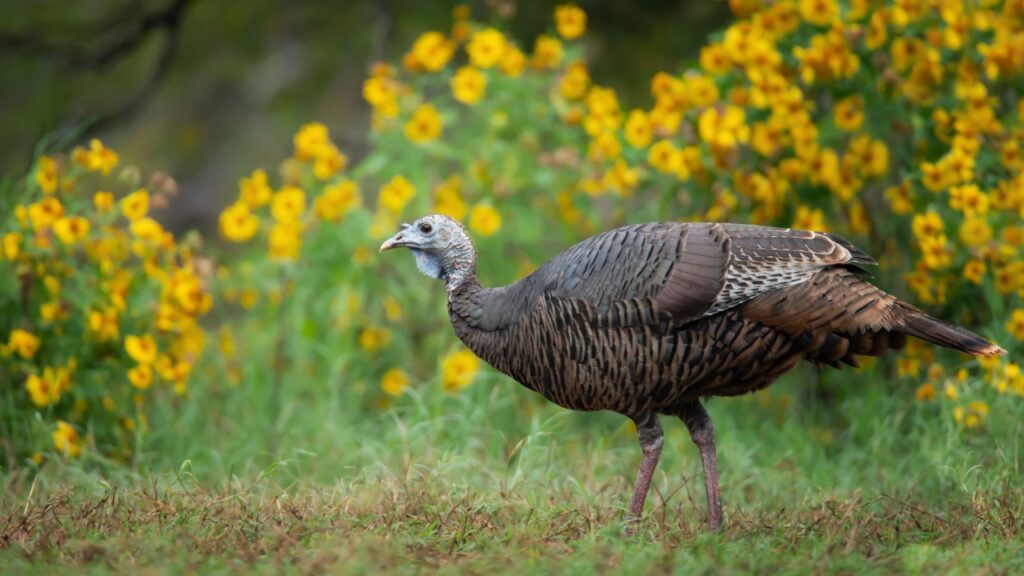
Wild turkeys are known for their voracious appetites, and they help control tick populations by eating them along with other insects. These large birds forage in forests and fields, keeping ticks in check as they search for food on the ground.
5. Fire Ants
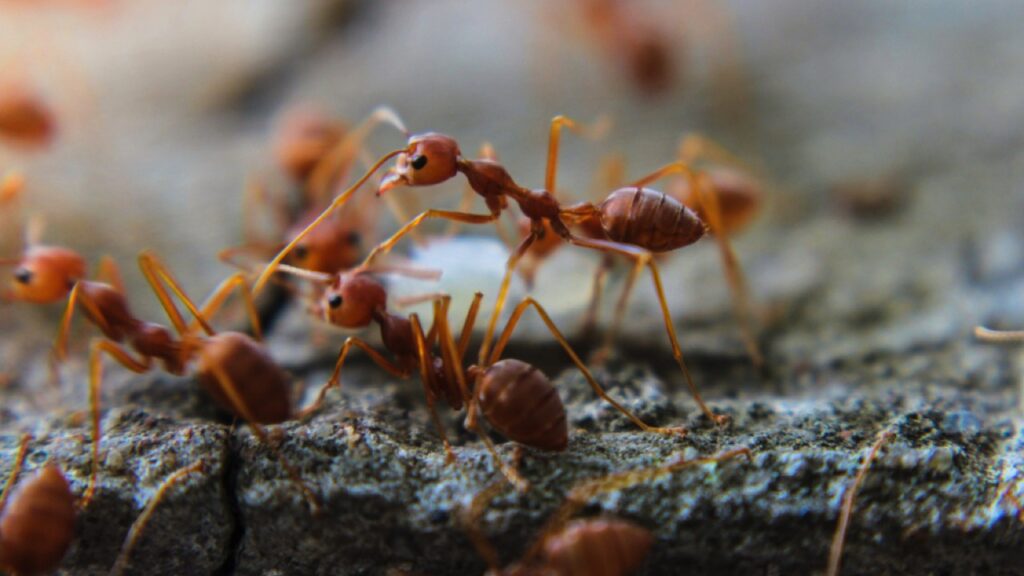
Fire ants might have a bad reputation for their painful sting, but they’re also helpful when it comes to eating ticks. These aggressive ants actively hunt for small insects, including ticks, and can help reduce tick populations in areas where they’re found.
6. Frogs
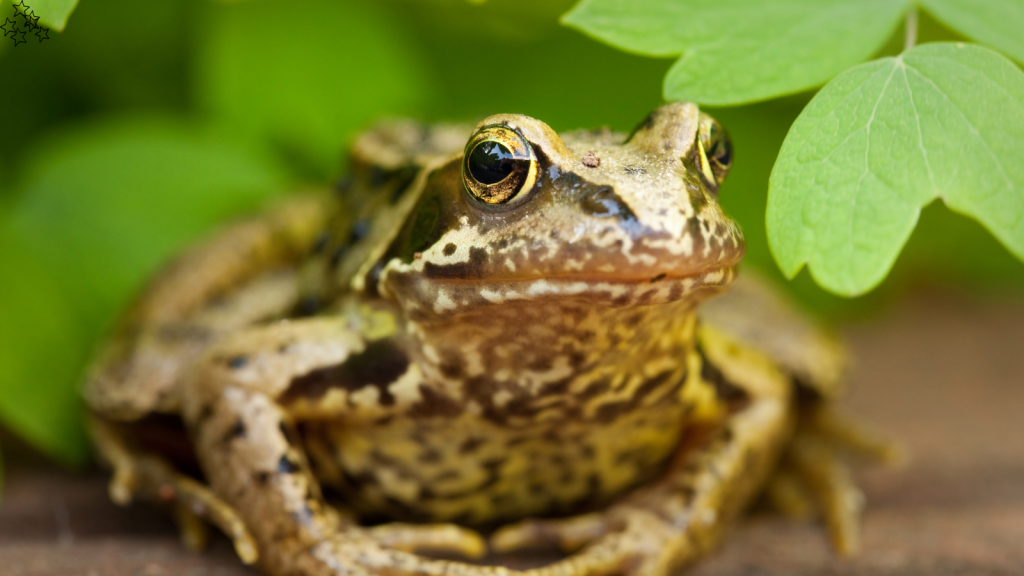
Frogs are insectivores, and they’ll eat just about any small creature they can catch, including ticks. In wet environments where ticks thrive, frogs can play a role in controlling the tick population by making them part of their diet.
7. Lizards
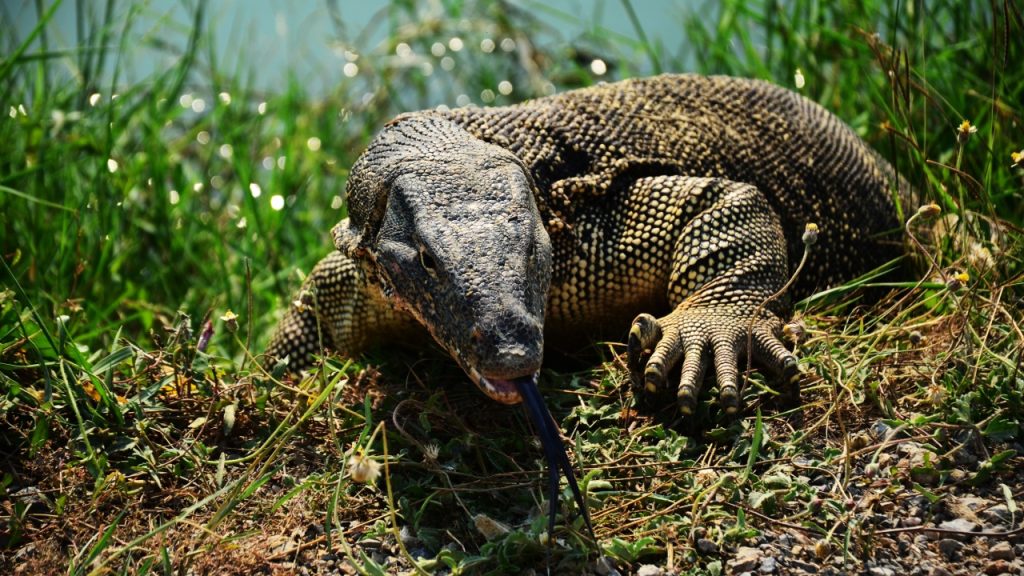
Some species of lizards, particularly the western fence lizard in the United States, are known to eat ticks. These lizards are not only effective at reducing tick numbers, but their blood also kills the Lyme disease bacteria, making them doubly useful in tick-infested areas.
8. Shrews
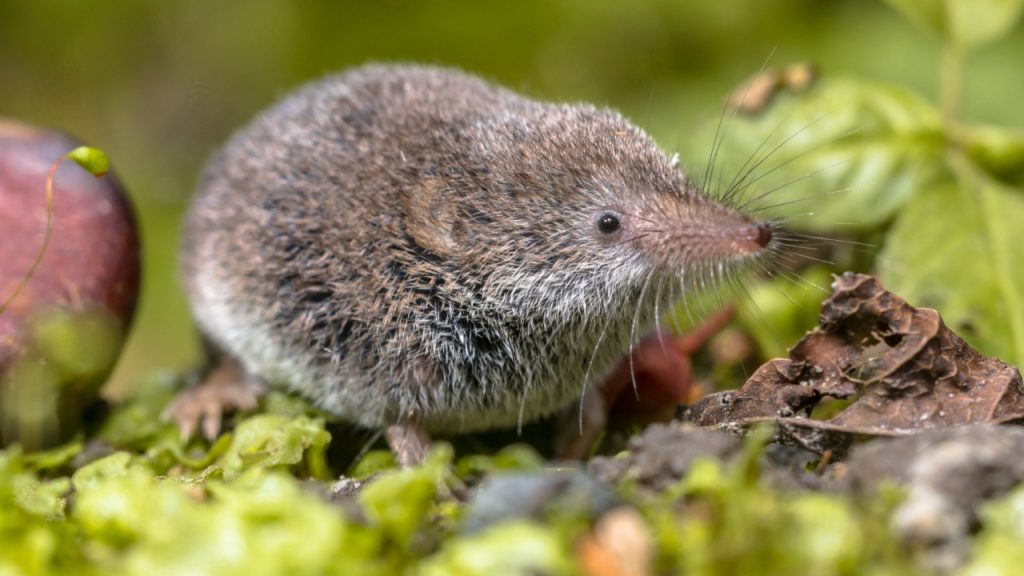
Shrews are tiny, mouse-like mammals that are constantly hunting for food to fuel their high metabolism. They eat a wide variety of insects, including ticks, making them important in keeping tick populations under control in forests and grasslands.
9. Bats
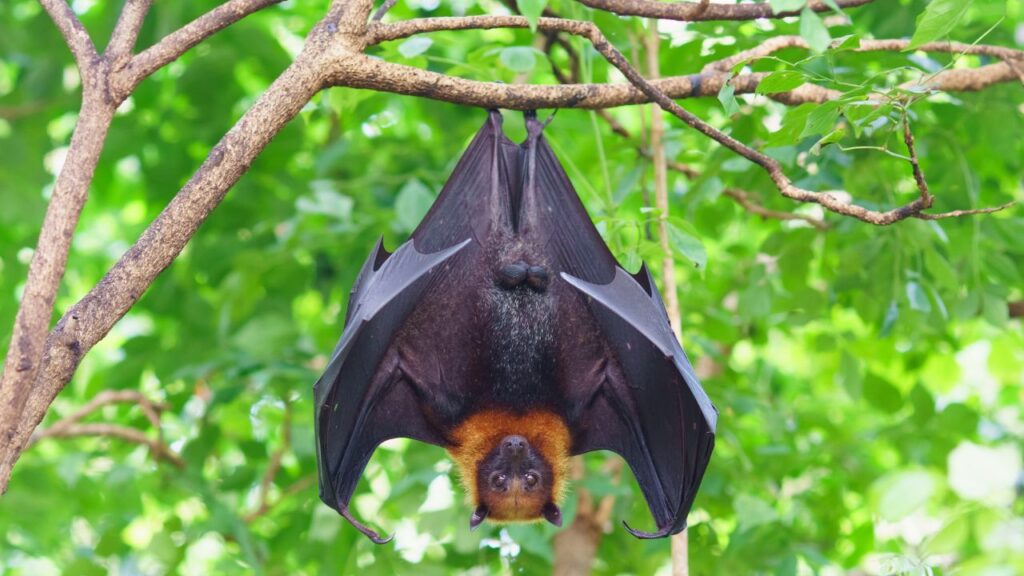
Bats are expert insect hunters, and while they’re mostly known for eating mosquitoes, they also eat ticks. As they swoop through the air catching their prey, they help reduce the number of ticks and other pests in the environment.
10. Raccoons
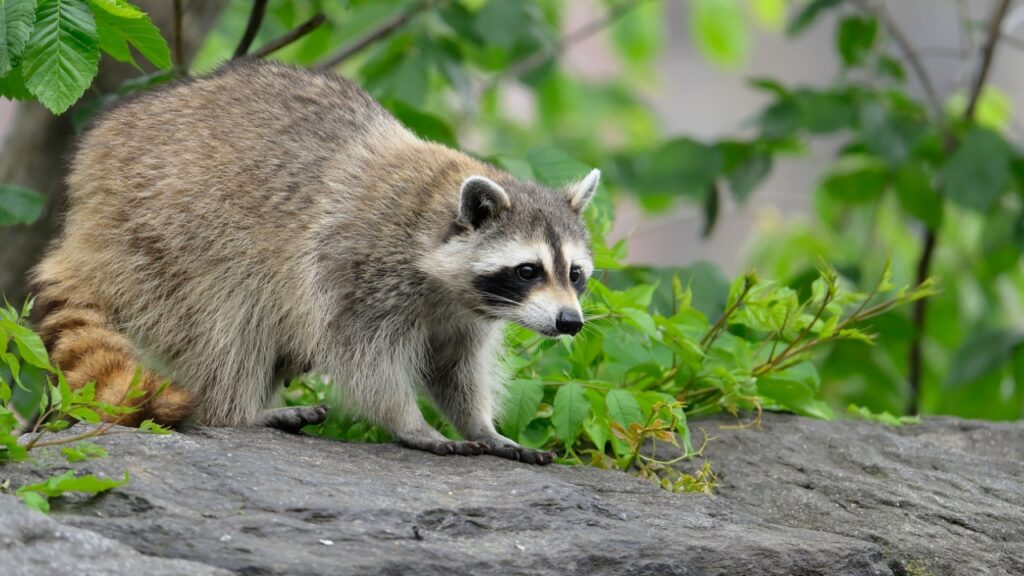
Raccoons are opportunistic feeders, which means they’ll eat just about anything, including ticks. When grooming themselves, raccoons often find ticks on their fur and consume them, helping to control tick populations in the process.
11. Songbirds
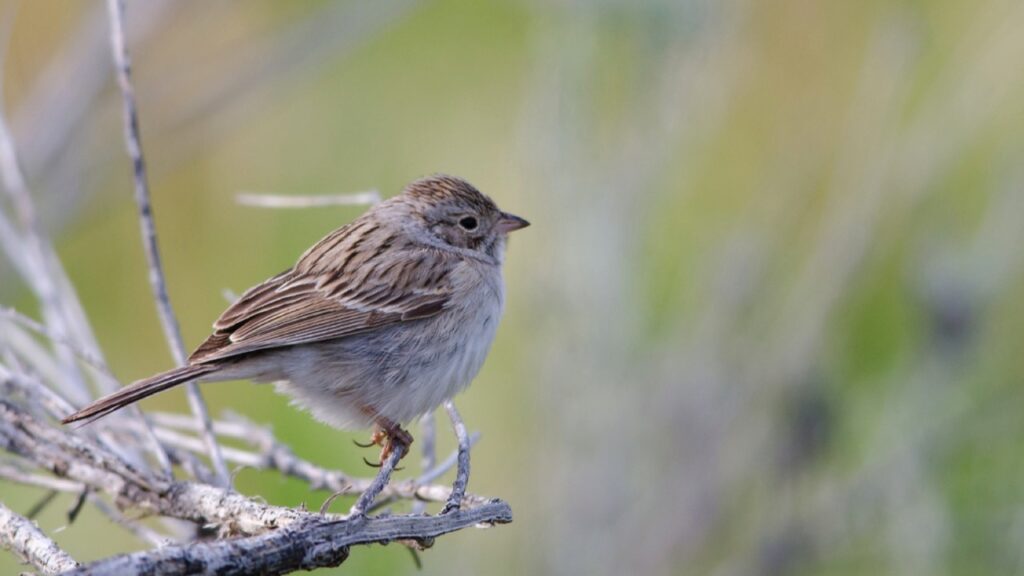
Many small songbirds, such as sparrows and warblers, eat ticks as part of their diet. They catch ticks while foraging for insects on the ground or in shrubs, contributing to tick control in natural environments.
12. Squirrels
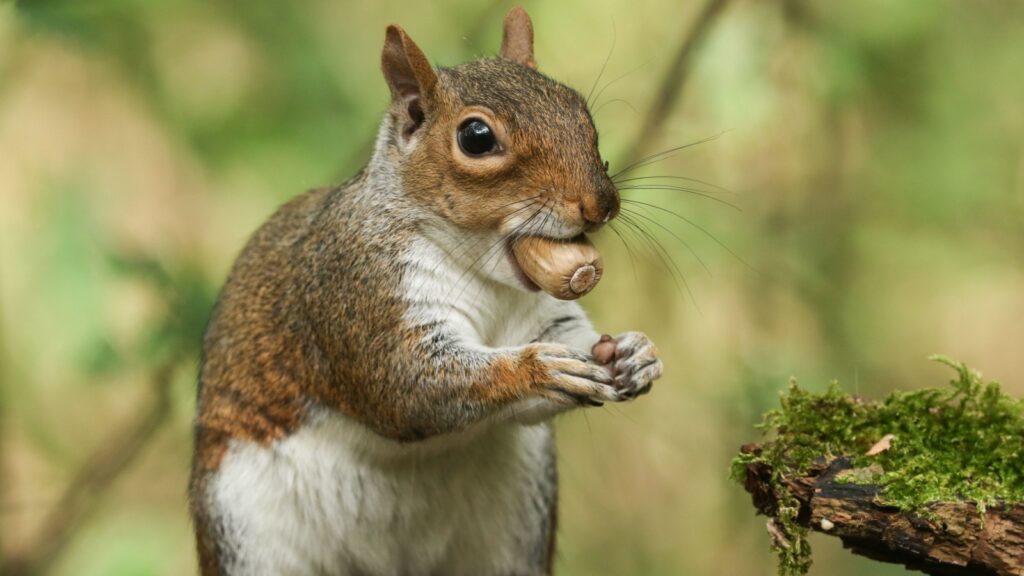
Squirrels may seem like unlikely tick-eaters, but they help by consuming ticks that they find on their own bodies. Squirrels groom themselves regularly, and any ticks they discover while cleaning are eaten, reducing the number of parasites in their habitat.
13. Ground Beetles
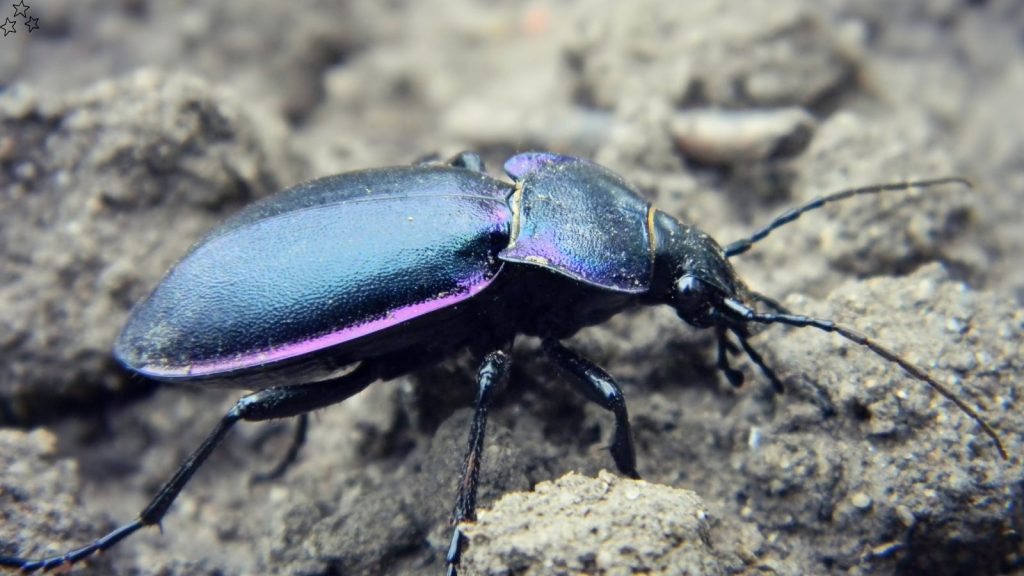
Ground beetles are fast-moving insects that live in leaf litter and soil. They hunt a variety of small creatures, including ticks. These beetles are great for controlling pests naturally in forests and gardens, where ticks can often be found.
14. Toads
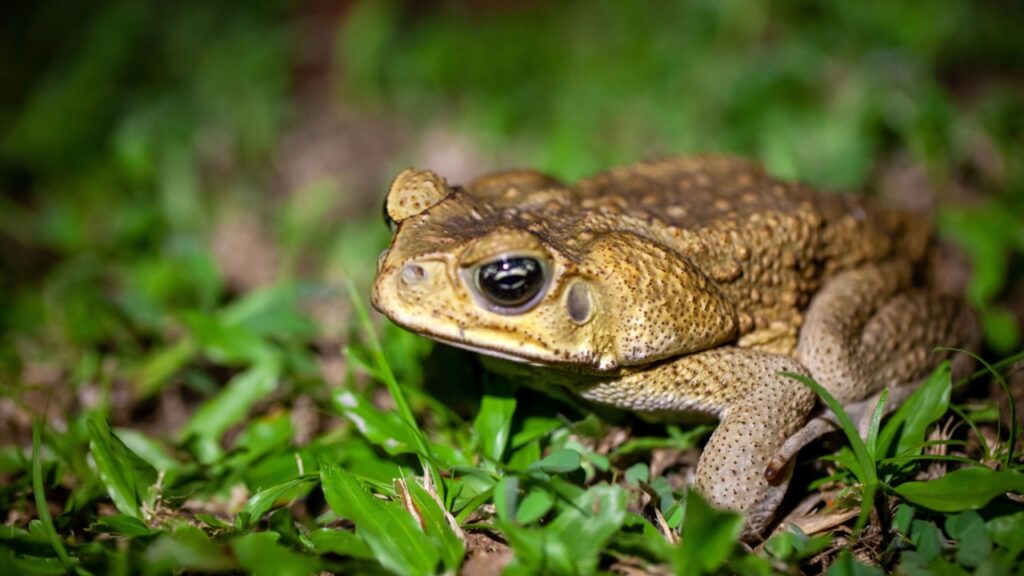
Like frogs, toads eat ticks as part of their insect-heavy diet. They are particularly active at night, when they hunt for ticks and other small pests, making them helpful in keeping tick numbers down in areas where they are common.
15. Deer Mice
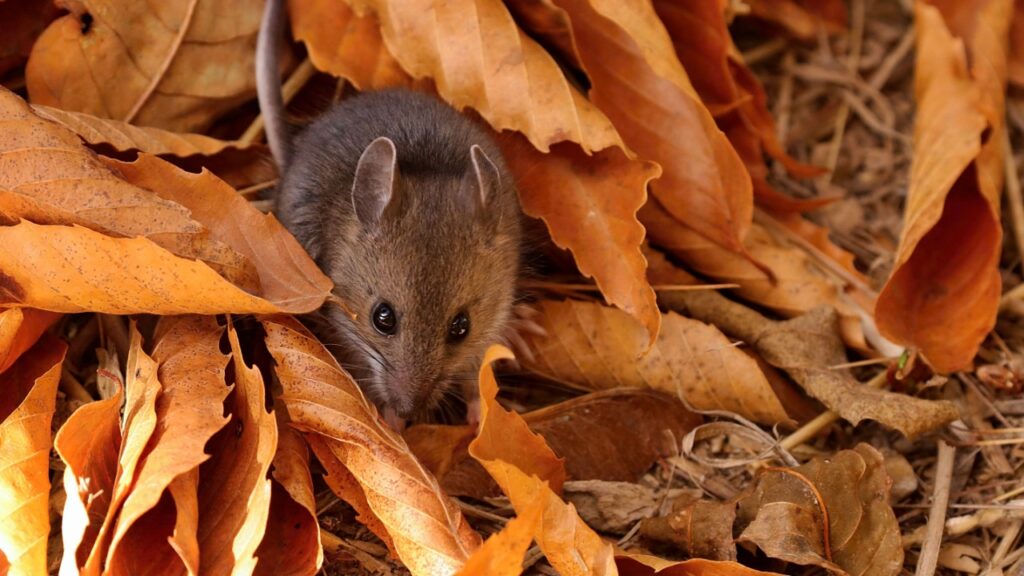
Deer mice are small rodents that play a dual role when it comes to ticks. While they can be hosts for ticks, they also eat them, particularly when grooming themselves. In this way, they help reduce tick populations, though their relationship with ticks is more complicated than other animals on this list.

